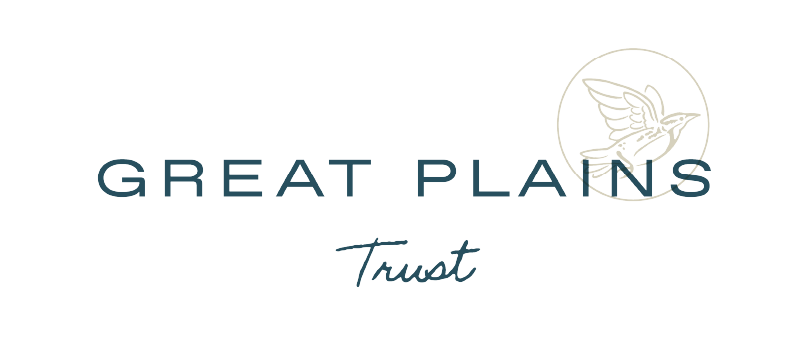Making the right choice in a trustee is critical to the ultimate success of your estate plan. You want to be
confident that in your absence your wishes will be carried out efficiently and thoughtfully, and your loved ones will
be taken care of.
Among other things, a trustee must collect, inventory and protect assets; file federal and state income and
estate tax returns; pay debts and taxes; maintain detailed records; manage and invest trust assets; make distributions
according to the terms of the trust document; and account to the beneficiaries for all actions taken. This can be a
challenging and time consuming job, requiring a knowledge of investing principles, tax rules and the law.
Often a spouse or family member is named to serve as trustee. But a family member is not always the best
choice. Consider the following key points.
- Family Harmony. Trustees are often faced with difficult choices that are not popular with beneficiaries of
the Trust. Corporate trustees can make discretionary trust decisions without jeopardizing personal family
relationships, and preserve harmony within the family. - Expertise and Experience. Corporate trustees employ experienced, certified trust professionals in the
administration of trusts and estates. Individual, non-professional trustees generally lack the skills,
experience, and efficiency of a team of professionals. Additionally, individuals often underestimate the
amount of time and work necessary to complete the duties of a trustee. - Peace of Mind. Corporate trustees can alleviate an individual trustee or beneficiary from constantly
worrying about the management of the trust. Additionally, corporate trustees are insured, whereas
individuals generally do not maintain the same coverage. - Impartiality. Corporate trustees have a fiduciary duty to be objective and administer the trust or will as it
is written. This might include making income and principal distributions to beneficiaries according to the
terms of the trust. - Regulatory Oversight. Corporate trustees are regulated and examined regularly on multiple levels
including internal controls, external auditors, as well as regular bank examinations. Corporate trustees and
are held to higher standards of performance by the industry and by law. - Range of Services. Corporate trustees can provide wide-ranging and complex duties including investing
and managing trust assets in various market conditions to paying bills on behalf of beneficiaries.
Knowledge and ability in the areas of asset management and estate planning and administration are used to
ensure that each client’s estate is handled both properly and efficiently. - Recordkeeping. Corporate trustees will maintain detailed financial records with its systems and processes
so that timely, accurate, and compliant reporting is provided. - Professional Network. Corporate trustees have a network of professionals to more readily obtain answers
to difficult or unique questions. - Continuity and Consistency. Corporate trustees provide continuous and consistent service. This can be
especially important if the trust is to continue over the span of several years or even several generations in
the case of a generation skipping or “dynasty” trust. Such continuity of administration provides assurance
and comfort to the beneficiaries that the trust’s investment strategies and distribution policies will be steady
and secure, and will not be constantly changing with a series of individual trustees. It also allows the
beneficiary to develop a long-term personal relationship with the trustee that will enable the trustee to
consider the beneficiary’s unique needs and desires while administering the trust. - Tax Management. Corporate trustees will make certain that the proper tax returns are prepared and filed
as well as work with the team to maximize tax efficiency.

